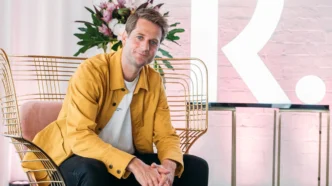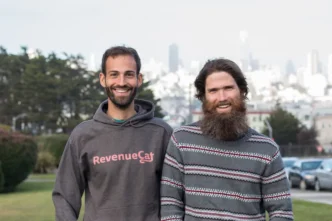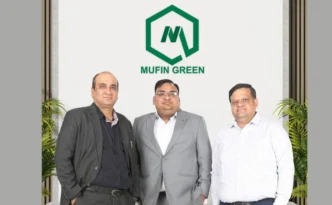Just hours after Sam Altman and Jony Ive revealed that OpenAI had acquired Ive’s stealthy design-tech startup io in an all-stock deal worth $6.5 billion, an unexpected name popped up on social media. Klarna CEO Sebastian Siemiatkowski posted on X that his family’s investment firm, Flat Capital, had quietly invested in io six months prior. The kicker? That $3.6 million bet is now being converted into OpenAI shares—at what appears to be a significant markup.
“Excited that @FlatCapital was an investor in io,” Siemiatkowski wrote, “and that we will now receive even more shares in OpenAI at a hefty return.” The post caused a stir, prompting Flat Capital to publicly confirm that io was the mystery U.S. AI startup it had backed as part of a mini-portfolio revealed last year.
Adding to the intrigue, Luke Wroblewski, a former Googler and managing director at the notoriously low-profile Sutter Hill Ventures, chimed in with a now-deleted tweet and LinkedIn post celebrating io’s acquisition. While he didn’t disclose financial details, sources suggest that Sutter Hill may have been the second-largest investor in io after OpenAI. Wroblewski’s swift deletion of his posts, combined with Sutter Hill’s silence, only added to the speculation.
OpenAI’s Stake and the Elite Investor Circle Behind io
According to Bloomberg, OpenAI already held a 23% stake in io, valued at around $1.5 billion. That means the company paid an estimated $5 billion in stock to acquire the rest. While Flat Capital and Sutter Hill Ventures have now been confirmed as early backers, they were joined by an elite lineup of investors including Emerson Collective (Laurene Powell Jobs’ firm), Thrive Capital, Maverick Ventures, SV Angel, and the OpenAI Startup Fund.
Interestingly, the OpenAI Fund—which was also involved in backing io—isn’t financed by OpenAI itself but by external investors. This subtlety underscores how much momentum and outside capital has built around the OpenAI ecosystem, often quietly and through non-traditional structures.
The acquisition not only bolsters OpenAI’s design and hardware ambitions through Jony Ive’s legendary product sensibilities, but also reveals how even low-profile startups are pulling in massive funding and delivering outsized returns—sometimes in less than a year. As Siemiatkowski’s tweet hinted, this wasn’t just a design play; it was a lucrative AI moonshot hiding in plain sight.













